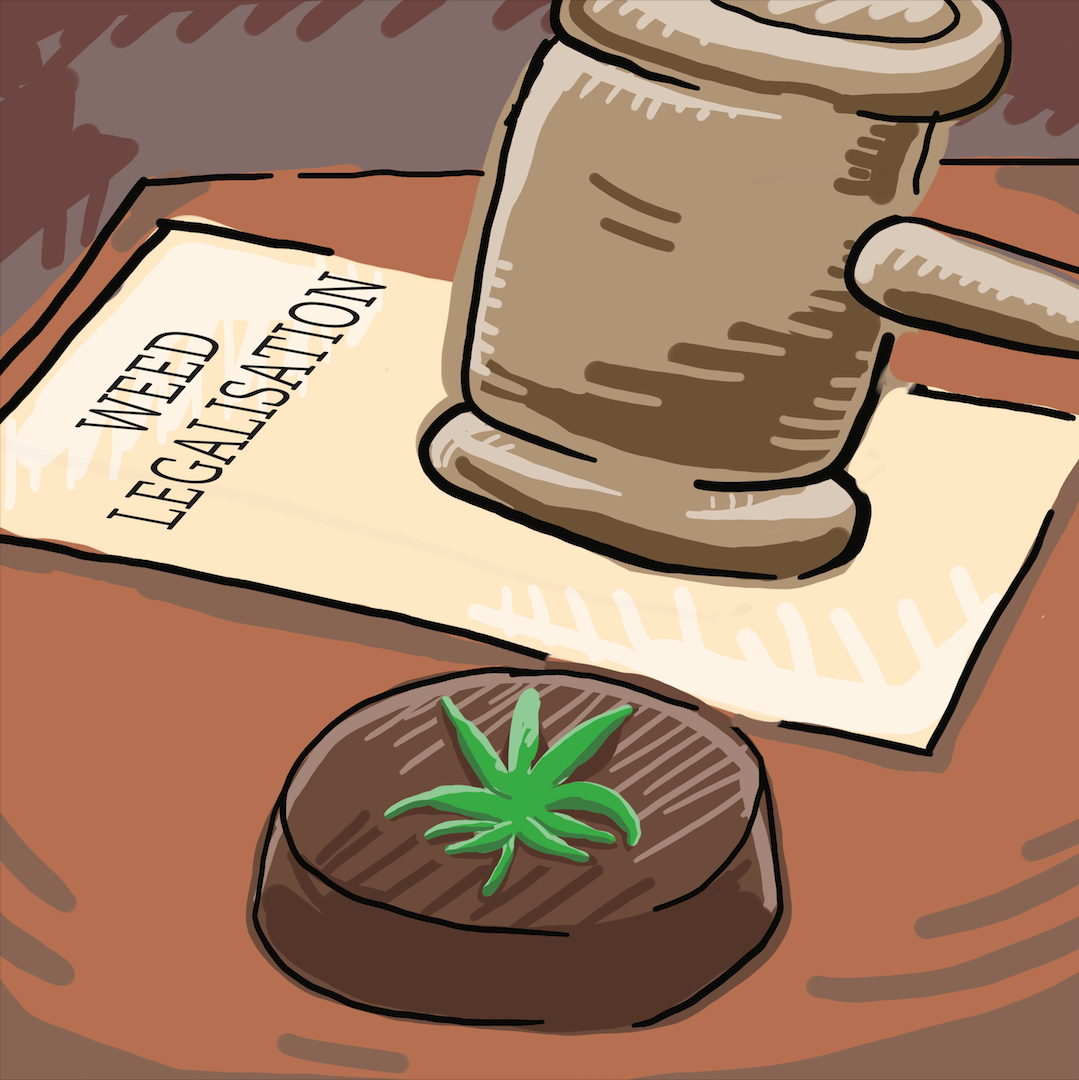Considerations for cannabis legalization at Laurier


On October 17, 2018, the Canadian government will be authorizing the recreational consumption, possession and purchase of cannabis in Canada, fulfilling a major campaign promise made by the Liberal government and Prime Minister Justin Trudeau.
The Cannabis Act, also known as Bill C-45, is a law “that will provide legal access to cannabis and to control and regulate its production, distribution and sale.” Canada is currently the second country worldwide to legalize the recreational use of cannabis nationwide.
Much like tobacco and alcohol, cannabis is going to be treated as a controlled substance, which means there will be restrictions, fines and criminal punishment associated with abusing it. The minimum age to buy, use and grow cannabis for recreational use is 19.
Individuals will be permitted to use or consume cannabis products in your private home, residence or on your private property. Similar to alcohol, cannabis is going to be prohibited in any public space, workplace and vehicle, with a first offence fine up to $1000 — subsequent fines increase to $5000.
This includes any Laurier owned properties, such as the campus, as it is considered a public space. Much like alcohol, educating the general public on the effects of cannabis usage before or during driving must be reinforced with a law of this magnitude.
As stated on the Laurier website, Paul Mallet, an associate professor of psychology at WLU, is “an expert on the behavioural and neural effects of drugs, particularly cannabis, addiction and the effects of cannabis on the body’s natural endocannabinoid system.”
“It’s certainly supported by the data, there have been many many studies that have shown beyond a shadow of a doubt that even when a person is using relatively low levels of cannabis, that their ability to drive is impaired, at least to the extent that it is with alcohol consumption,” Mallet said.
With the legalization of cannabis use in Canada, Mallet is ultimately concerned with to the implications it could have on the university’s campus and especially with younger people, specifically students.
Mallet supports the legalization bill, due to the positive effect that it will have on minimizing the criminal consequences of cannabis use.
“One of the concerns is when you have prohibition over a substance, you drive the entire market into the black market. That’s where we were — that’s where we still are, in fact,” Mallet said. “I think you can look at it from the perspective of harm minimization — or harm reduction.”
In a similar fashion to safe injection sites, where the intent is to decrease the potential negative effects to society, the goal behind legalizing cannabis is to ensure that its use and distribution can be more closely monitored and controlled, to minimize potential risks.
Risk, however, exists in more than just its immediate use.
“I’ve spent over 20 years now looking at the long term effects of cannabis use on behaviour, on brain function and that includes looking at the long term effects on mental health. There certainly are long term harmful effects of the drugs,” Mallet said.
“But when you weigh that against the potential harm to the individual because it’s prohibited, it leads me to believe or think that maybe the prohibition is not a good idea. Maybe some controlled distribution over it is going to be better for society.”
With the legalization of cannabis use in Canada, Mallet is ultimately concerned with to the implications it could have on the university’s campus and especially with younger people, specifically students.
Though he is critical regarding an increase in its use, he notes that the research behind it suggests that it won’t stay that way for long.
“Right now the predictions are there’s going to be an initial spike in usage, a novelty effect, something like that,” Mallet said.
“But the predictions are right now that over time there may not be a larger number of people using cannabis — but these are guesses at the moment.”
As to the future implications that its usage, distribution and sale — or the potential issues — that it will have for the Laurier campus as a whole, only time will tell how the legalization bill will impact the school community moving forward.


